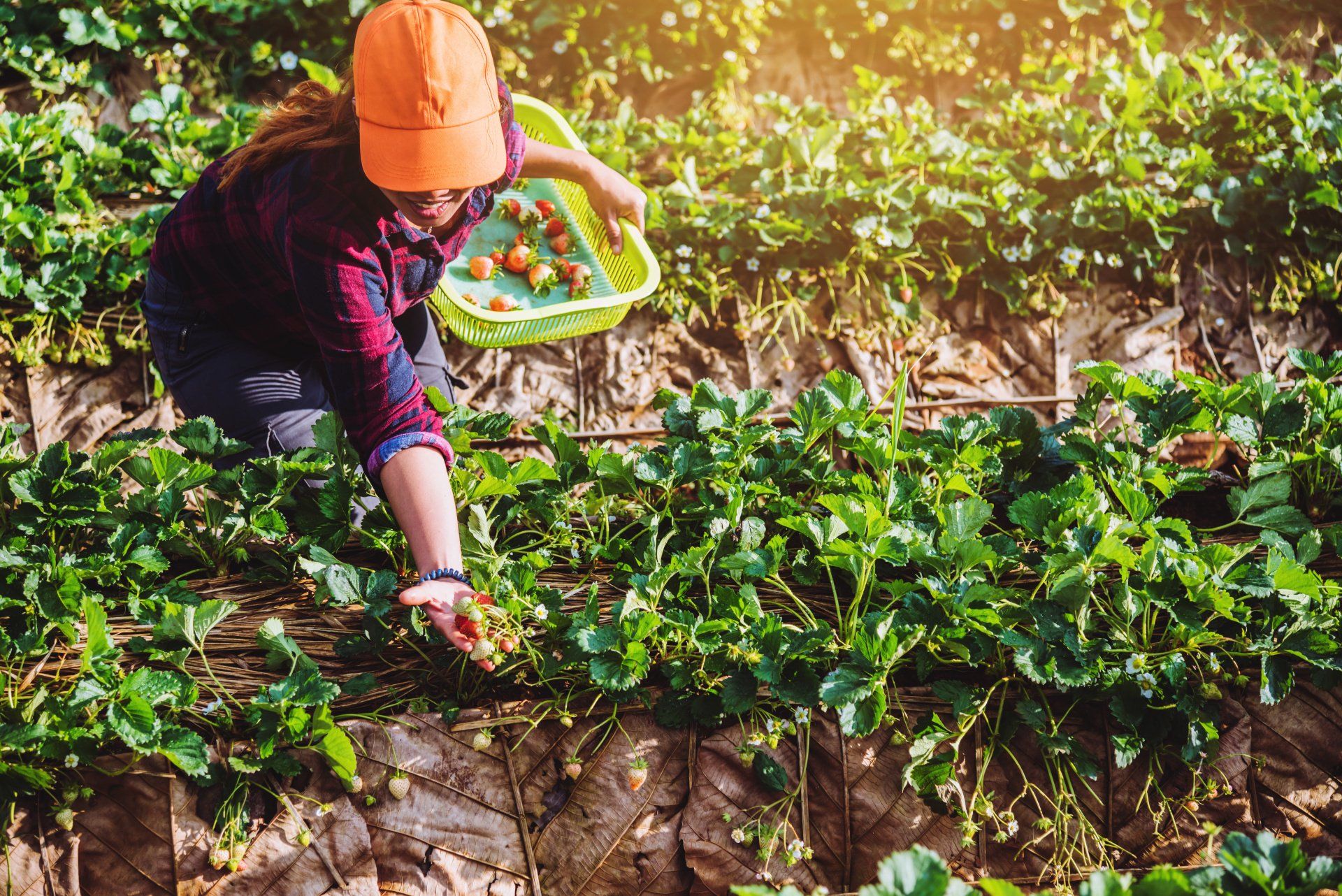1MG FlippingBooks
Critical worker shortage leads to ‘break glass’ plan from NFF
Elizabeth Gracie

The National Farmers Federation’s (NFF) Horticulture Council has submitted a ‘break glass’ plan to state governments across the country to get workers back on farms and address what the NFF is now calling a critical worker shortage.
The break glass plan includes ten individual immediate, short and medium-term measures that the NFF believes will help displaced Australians who have lost their main source of income during the pandemic find farm work, whilst also providing the hands farmers urgently need to pick and pack produce through a safe restart of foreign worker visa programs.
With the COVID-19 pandemic depleting the regional labour force, primarily consisting of backpackers and workers under seasonal visa schemes, many farmers are now lacking the hands needed to harvest this year’s crops and wondering if a 2021 harvest is even feasible.
And whilst the Federal Government’s decision to allow individual states and territories to ‘opt-in’ to a controlled restart of both the Seasonal Worker Program and the Pacific Labour Scheme is a step in the right direction, National Farmers Federation (NFF) and CEO Tony Mahar believes that more needs to be done to support Australia’s agriculture industry and the agriculture workers it relies on.
According to Mahar, Australian governments have long known the labour shortage struggles that farmers across the country have faced since the closure of Australia’s borders to international visitors in April.
“Well before COVID-19 the NFF and our members have been calling for measures to address the farm sector’s worker shortage. This situation is now much worse with Australia’s international borders closed and internal border movement highly restricted” said Mahar.
These measures include a pilot extension to the seasonal worker program, increased incentives for domestic displaced workers, the introduction of an agricultural workforce code, promotion of opportunities to work in agriculture, accommodation support, the establishment of a national agricultural workforce development network, national labour-hire regulation, agricultural visa, a restart to working holidaymakers and the inclusion of additional occupations to the horticulture industry labour agreement (HILA).
“In an ordinary year, farmers rely on a combination of local and foreign labour to get the job done,” said Mahar.
“Ideally, this year we’d like to see Australians, especially those who have been displaced from their pre-pandemic jobs, fill roles performed by backpackers and seasonal workers, but the reality is more support is needed to attract the required number of local workers.
The plan also includes suggestions for safely restarting the meaningful recruitment of foreign workers, and providing COVID-19 safe places of work, with the aim of reaching an overall outcome that strikes a balance between fairness, safety and at the forefront, economic prosperity.
NEWS

Prodoz, a Proudly Australian and family-owned agribusiness, based in Melbourne, is strengthening its positions as national/international leader in advanced crop – science solutions through a growing portfolio of global innovation partners and a distribution footprint supported by all major distributors - includes Nutrien Ag, Elders, Lindsay Rural and Independent Rural stores.

Trace minerals are required for optimal growth, reproduction, and immunity. Optimising trace mineral status relying solely on oral supplements across a herd may fail because of variation in individual intake and reduced absorption due to antagonism of other ration components and minerals. The use of injectable trace mineral supplements has been associated with positive reproductive outcomes including improved conception rate, increased odds of pregnancy and greater final in calf rate. A study conducted on 2,168 dairy cows, administered injectable trace minerals, four weeks prior to calving and again four weeks prior to the start of mating showed treated animals had a 3.3 per cent greater final in-calf rate, and a reduced time from start of mating to conception, compared to control animals 1 . The Importance of B12 Dr Carl Eden, Technical Services Veterinarian with Boehringer Ingelheim says “Vitamin B12 is sometimes referred to as a ‘super vitamin’ because it is only required in very small amounts but vital to many essential metabolic pathways. However, demand for B12 can vary considerably during the year and we see serum levels of B12 fall at critical times, such as the first few months after calving.” Vitamin B12 contains cobalt, so deficiency in cobalt can lead to deficiency in vitamin B12 because ruminants get most of their B12 as a byproduct of ruminal fermentation where the bacteria in their rumen assemble B12 from cobalt for use by the cow. Sub-optimal trace mineral and vitamin B12 status at calving, mating, and drying off has been shown to negatively impact growth, reproduction, and immunity. Using a trace mineral injectable containing vitamin B12 can improve trace mineral and vitamin B12 status at these critical times. Marks-Min with Vitamin B12 – The Evidence In the largest trace element study to date, Marks-Min Injectable Trace Mineral with Vitamin B12 demonstrated remarkable results when compared to a reference trace mineral injection. “Given the differences between Marks-Min and other products on the market, we wanted to generate a compelling data set to demonstrate how effective it was compared to the pioneer product. We entrusted this work to a third-party research company” says Dr Eden. “We chose farms that were at the top of their game from a reproductive perspective. We made sure that the farms had no evidence of trace element or vitamin B12 deficiencies or excess.” Across all outcomes of interest, Marks-Min demonstrated clear non-inferiority when compared to the reference product. Outcomes measured included submission, pregnancy and conception rates, and six week in-calf rate. Marks-Min demonstrated it is highly suited as an alternative treatment to the reference product. Reference: 1. Hawkins, D., and B. V. S. Franklin. New Zealand Dairy Veterinarians Newsletter 24 (2007): 12-16 Company website: livestockfirst.com.au Company email address: CustomerCare.Australia@boehringer-ingelheim.com Company video: https://vimeo.com/1138807630?fl=pl&fe=cm














